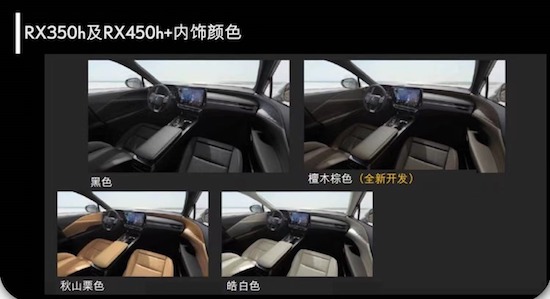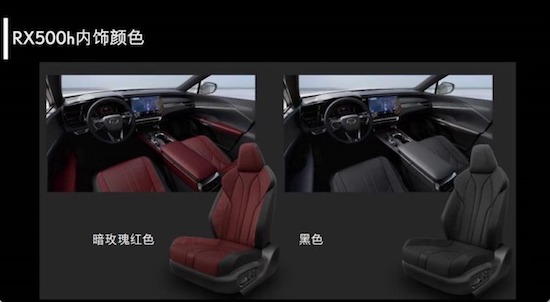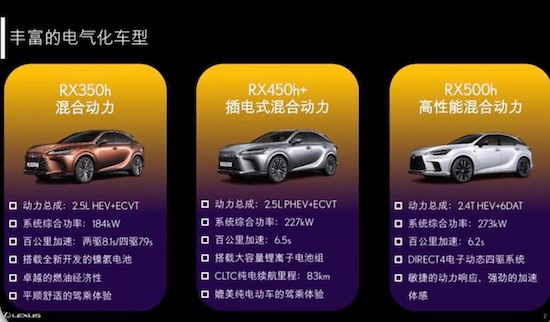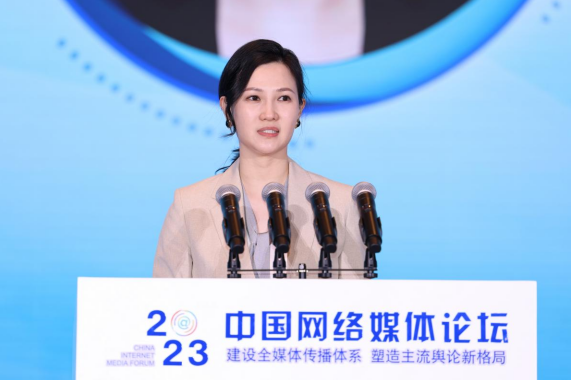Tianjin issued the implementation plan for the renovation and upgrading of old houses and old communities and urban renewal.
In order to implement the decision-making arrangements of the CPC Central Committee and the State Council on the implementation of urban renewal and the spirit of the Ninth and Tenth Plenary Sessions of the Eleventh Municipal Committee, and further promote the renovation and upgrading of old houses and old communities in our city, recently, the General Office of the municipal government issued the Implementation Plan for the Renovation and Upgrading of Old Houses and Old Communities in Tianjin (hereinafter referred to as the "Plan").
The "Plan" puts forward three key tasks and gives policy support in key aspects such as planning, land, finance and examination and approval.
First, the renovation and upgrading of old houses. In view of the non-complete sets of houses with no single bathroom or kitchen in the built-up area of the city, and the dangerous houses identified by appraisal, on the premise of protecting historical culture and urban features, complete sets of transformation will be carried out, functional facilities will be improved, and the living environment will be improved. During the "Fourteenth Five-Year Plan" period, the central city strives to basically complete the renovation and upgrading of old houses of protection, and comprehensively start the renovation and upgrading of old houses of reconstruction and reconstruction. Other districts refer to the implementation.
The renovation and upgrading of old houses can be divided into three ways: protection, renovation and reconstruction. Among them, in the protection category, in view of the protective buildings determined by the Law on the Protection of Cultural Relics in People’s Republic of China (PRC), the Regulations on the Protection of Famous Historical and Cultural Cities, the Regulations on the Protection of Historic Buildings in Tianjin and other relevant laws and regulations, from the perspective of protecting urban spatial texture, we actively carry out renovation, improve living conditions and retain the historical memory of the city.
Reconstruction class. For non-protective buildings with preserved architectural structure, by adjusting the internal space layout or external expansion of the house, the complete set of kitchen and bathroom facilities can be realized, and the public space can be expanded, the building comfort can be improved, and the urban texture and architectural style can be protected.
Rebuild the class. In view of the demolition and reconstruction of unprotected buildings with poor building structure and low safety standards, we should properly improve the development and construction intensity, increase the residential building area to achieve complete sets, or completely improve the living conditions by resettling the original residents.
The second is the renovation and upgrading of old communities. In order to improve the living conditions of residents, the residential quarters (including single-storey residential buildings) which were built earlier, neglected and neglected, the municipal supporting facilities and community service facilities were not perfect, and the residents’ willingness to transform was strong in the city. By the end of the "Fourteenth Five-Year Plan", we will strive to basically complete the task of transforming old urban communities that need to be transformed before the end of 2000.
The upgrading of old residential areas includes three categories: basic category, perfect category and upgrading category. Among them, the basic category, in order to meet the safety needs and basic living needs of residents, mainly includes the renovation and upgrading of municipal supporting infrastructure and the maintenance of public parts such as roofs, external walls and stairs in residential areas. Renovation and upgrading of municipal supporting infrastructure includes renovation and upgrading of infrastructure such as water supply, drainage, power supply, weak current, roads, gas supply, heat supply, fire protection, security, domestic waste sorting, mobile communication, fttp, overhead lines, etc., as well as maintenance, restoration or reinforcement of seismic strengthening facilities of houses (eaves ring beams, structural columns, pull rods, etc.).
Perfect class. In order to meet the needs of residents’ convenience and improved life, it mainly includes the reconstruction of environment and supporting facilities, the energy-saving reconstruction of buildings in residential areas, and the installation of elevators in conditional buildings. Renovating the construction environment and supporting facilities include dismantling illegal construction, renovating the greening and lighting environment in the residential area and surrounding areas, and renovating or building supporting facilities such as facilities suitable for the elderly, barrier-free facilities, parking garages (parks), electric bicycles and car charging facilities, smart express boxes, cultural and leisure facilities, sports and fitness facilities, and property houses in the residential area and surrounding areas.
Ascending class. In order to enrich the supply of community services, improve the quality of life of residents, and actively promote the contents based on the actual conditions of the community and its surrounding areas, it mainly includes the supporting construction of public service facilities and their intelligent transformation, specifically, the transformation or construction of public health facilities such as comprehensive service facilities and health service stations in the community and surrounding areas, educational facilities such as kindergartens, intelligent perception facilities such as perimeter protection, and community-specific service facilities such as pension, nursery, meal assistance, housekeeping, convenience market, convenience store and postal express terminal comprehensive service station.
The third is urban renewal. Comprehensive renovation, demolition and reconstruction, or planning and construction activities that take both into account, such as urban spatial structure adjustment, urban ecological restoration and function improvement, historical and cultural protection and urban landscape shaping, urban infrastructure construction, and the integration and development of new industries and new formats, are carried out in urban built-up areas and other key urban areas determined by the municipal people’s government, mainly including urban renewal and reconstruction projects in stock areas such as old factories, old blocks (including the renovation and upgrading of corresponding old houses and old communities) and villages in cities, as well as short-term infrastructure projects led by the municipal and district people’s governments. During the "Fourteenth Five-Year Plan" period, the district people’s governments should formulate the annual implementation plan of urban renewal projects according to local conditions, and organize the implementation after being reported to the leading group for renovation and upgrading of old houses and old communities in Tianjin and urban renewal. (Reporter Chen Wei)

















